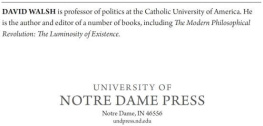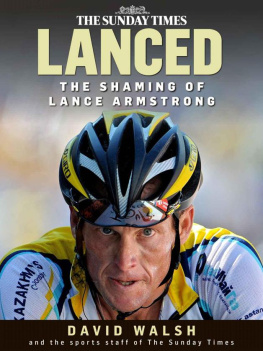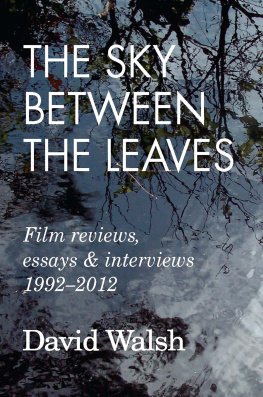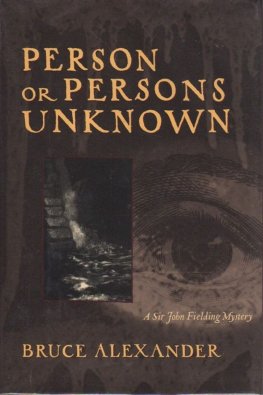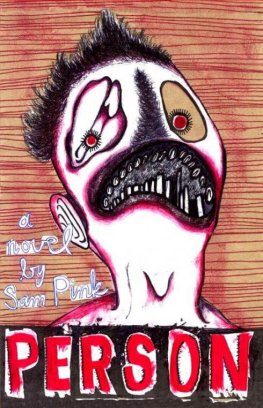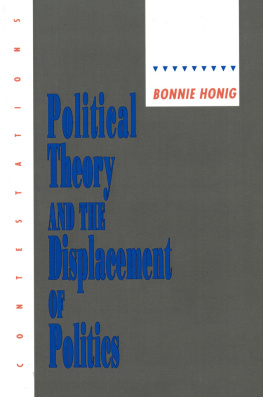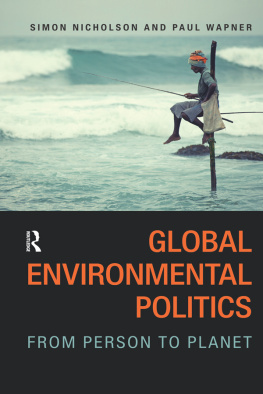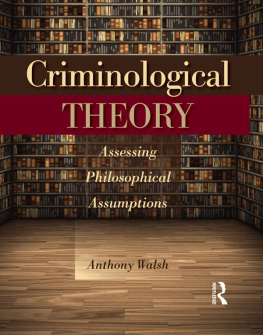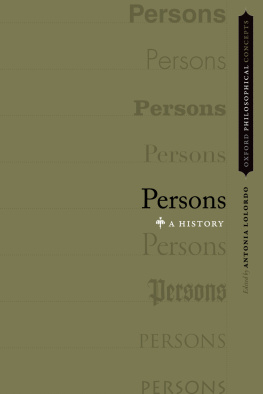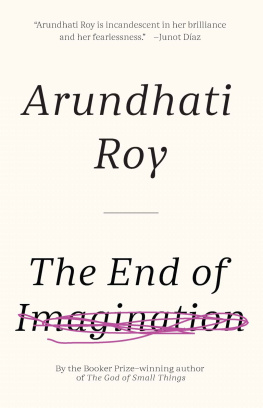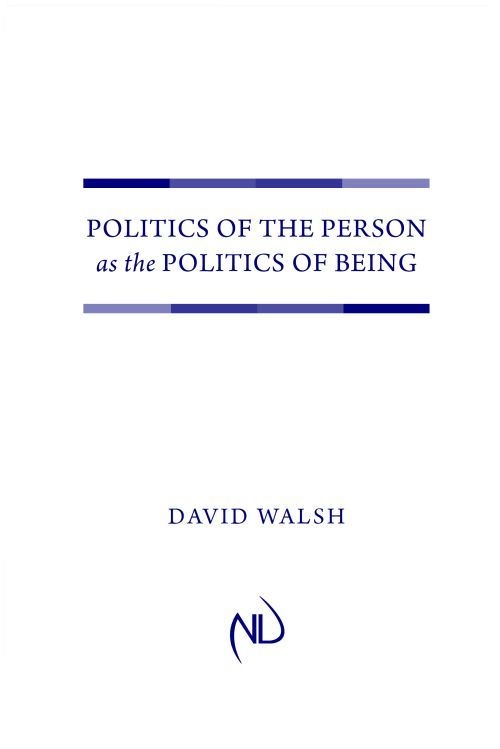Readers of the present study are entitled to some indication of the relationship in which it stands to my previous works. This is always a matter of curiosity but it is more than that. The development of human understanding follows a tangle of threads whose connections, in retrospect, may not be so obvious. In the case of this book the most evident external continuity is with The Growth of the Liberal Soul, a work in which I tried to explore the centrality of the person within the liberal regime of rights. There is also a clear connection with After Ideology, which premised the recovery of order on the conversions undergone by a group of exemplary individuals. Personal epiphanies have been central. But it was in The Modern Philosophical Revolution that I began to see that experience provides, not only the content of social and historical reality, but the form in which it is realized as well. Human life is inescapably personal. It is borne by that great stream of persons who, from the dawn of history up to its eventual conclusion, in every instance participate by never simply being within it. To be a person is always to transcend where one is. We know one another as persons because we are open to the mutuality that is the openness of persons.
Modern philosophy has arrived at this centrality of the person by way of an indirect route. Descartes was not so much interested in the I as in the thinking that it did, but inevitably the mystery of the I would loom larger. What, after all, is thinking but the activity of which only the I is capable? Yet the I that performed all that prodigious thinking could never quite be captured in thought. Or, if it could be apprehended, it was no longer the I that did the apprehending. The I escaped every location assigned it. Kant would undertake the transition from an uncritical application of our understanding to full acknowledgment of its limits. We could no longer use our minds to justify the categories in which they sought to grasp the world. From the realization that we cannot ground our self-knowledge, the way was opened to reflection on the entire historical course as the only adequate unfolding of who we are. Eventually the insight would be framed in Heideggers meditation on being as the horizon within which we think and exist. The idea of the person, the one who is within being and yet outside of it, beats so palpably in this arc that one wonders why it has not been recognized.
It may be that the language of persons has been so familiar that the astonishing reality of persons has not always penetrated. One indication of that lack of awareness is the breezy confidence of the various scientific disciplines that profess to comprehend the reality of persons. No insuperable barriers exist to the analysis of persons in psychology, sociology, neurology, or biology. Eventually we will be able to map the brain so that we understand consciousness more thoroughly than any mere thinking could achieve. Human beings are material and are best grasped in terms of the material processes that constitute them. The notion that human beings are persons, and therefore accessible only in person, cannot pierce the massive amnesia that grips us. Even those who speak for the person, who sail under the banner of personalists, have not been able to make much headway within this sea of reductionism. The idea that everything in existence must be understood as reaching up to the reality of the person, rather than the other way around, simply cannot prevail. It must be confessed that the personalists themselves have too readily surrendered the struggle. They have been content to call attention to one more entity, the person, within a field of entities, rather than confront the radical consequences of their position. That is, that the person transcends all objectifications, all of those things that merely are. The person is the whole, the one without whom the world cannot go on, as we know in regard to the persons we know. Each is larger than the whole. To say with Kierkegaard that the individual exceeds the universal we must be prepared to say more than can be said in the language of universals. In straining toward its fullest realization, politics of the person must become the politics of being.

That radiance of the person who ever transcends what is said has been abundantly displayed by the many persons who have made this work possible. I am conscious of the long chain of teachers and guides on whom my own modest labors depend, and wish to acknowledge them even when I cannot name them. Some special friends have been a more continual source of encouragement and inspiration. Among them I would like to thank Brendan Purcell, Joe McCarroll, Cyril ORegan, John McNerney, Barry Cooper, Tilo Schabert, Steve McGuire, Chip Hughes, as well as the many participants at the meetings of the Eric Voegelin Society over the years, especially the inestimable founder of that group, Ellis Sandoz. My colleagues and students at The Catholic University of America have often been of assistance in more ways than they knew, and I am grateful for the sabbatical leave during which this project was begun. The process of bringing the work to publication could not have been handled more ably than it has been by the staff of the University of Notre Dame Press, including my acquisition editors, Charles Van Hof and Stephen Little, as well as copy editor Maria E. denBoer, project editor Rebecca DeBoer, and design manager Wendy McMillen. Finally, my wife, Gail, has been an unfailing support of my scholarship during a time that was marked by many trials and joys, but none more momentous than the births of our most recent grandchildren, to whom this book is dedicated.
In invoking politics of the person we begin at the point of maximum danger. The person is in jeopardy. Exposed to shifting assessments of who is to count as a person, each is placed in perpetual jeopardy. Political power is the power of life and death. It can unleash all of the neglect, destruction, and malice to which frail flesh may be subject. Politics is the realm from which deadly force erupts because it is the point at which decisions are made or unmade. Left to themselves swords would rest as peacefully as plowshares. Mind, especially as collectively activated in politics, is the deadliest thing of all. When the political mind has changed, the character of its threat may be profoundly altered. We no longer have the same fear of the nuclear warheads of the Russian Federation, for it does not possess the mentality of the Soviet Union. At the same time we look to the political as the guarantor of life, fending off the lethality that would render it nasty, brutish, and short. This is why the political normally assumes the far more benign aspect from which it draws its support. The monopoly of force attained by the state is usually exercised on our behalf. We do not need to arm ourselves as if we are perpetually engaged in a war of all against all. Instead, we can view the political as the guardian under whose protection the bonds of mutual trust may flourish. But we know of its Janus character. The political is capable of great good or great evil. For this reason we have sought to contain it within the boundaries that mark the rights of persons. We are determined to make the state strong enough to suppress the threats, internal and external, that might reach us, yet not so strong that its own supremacy could be turned against the persons it is pledged to protect. The miracle of politics is the attainment of that impossible balance.

